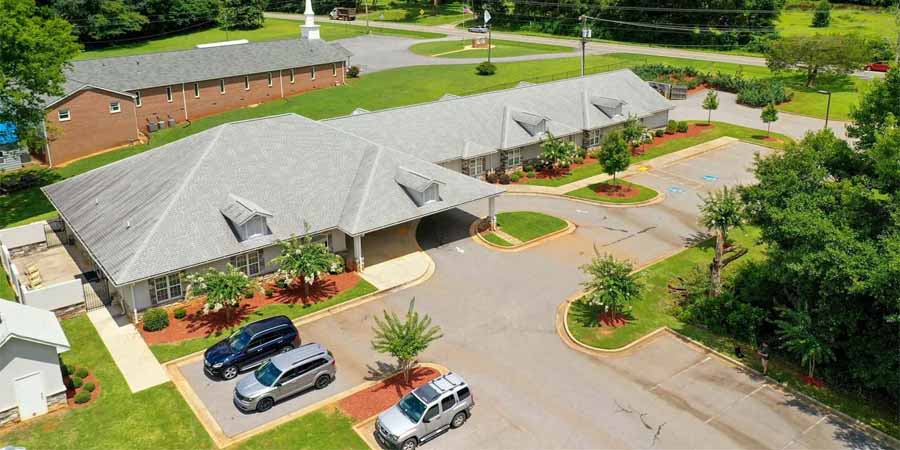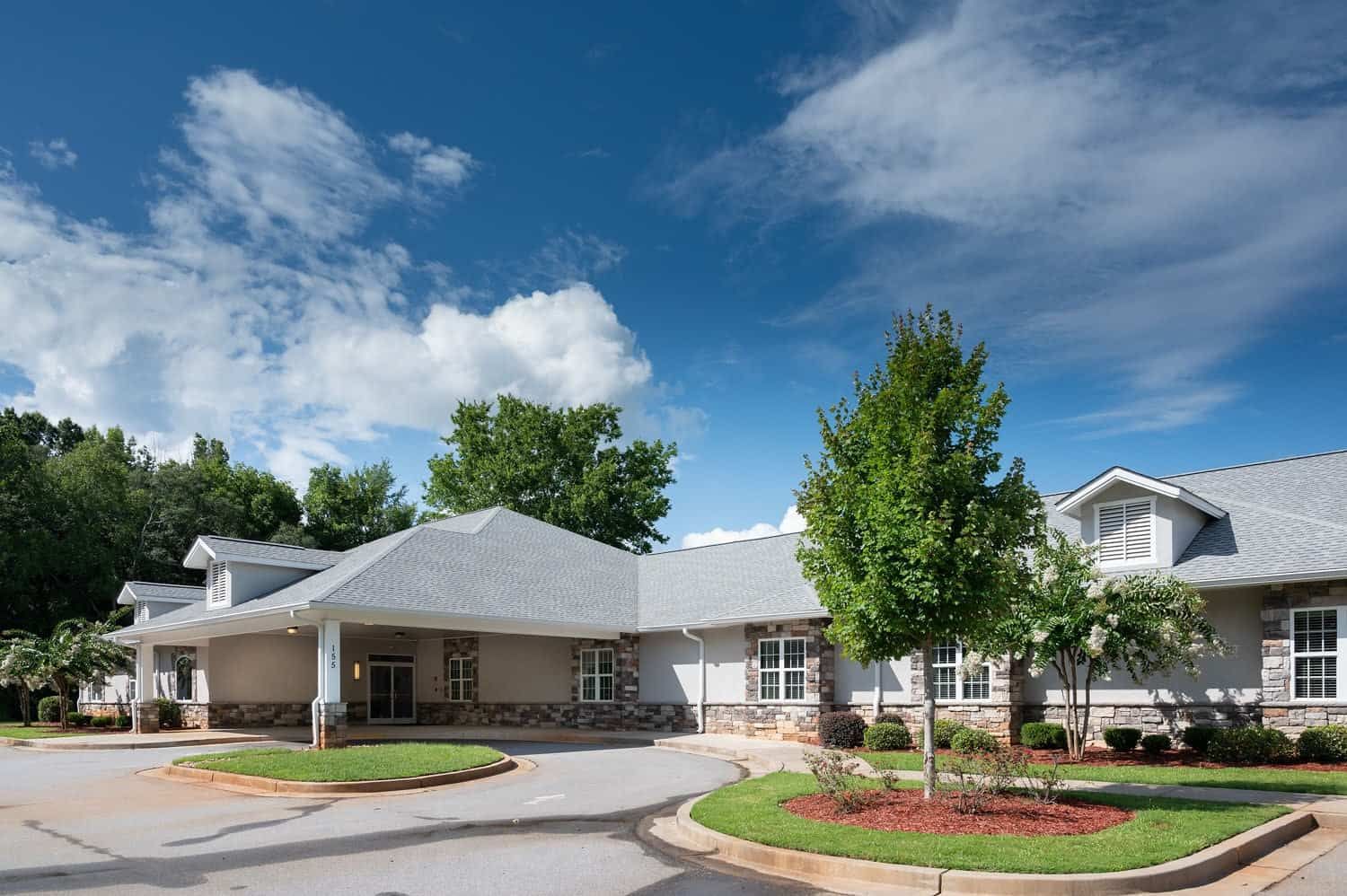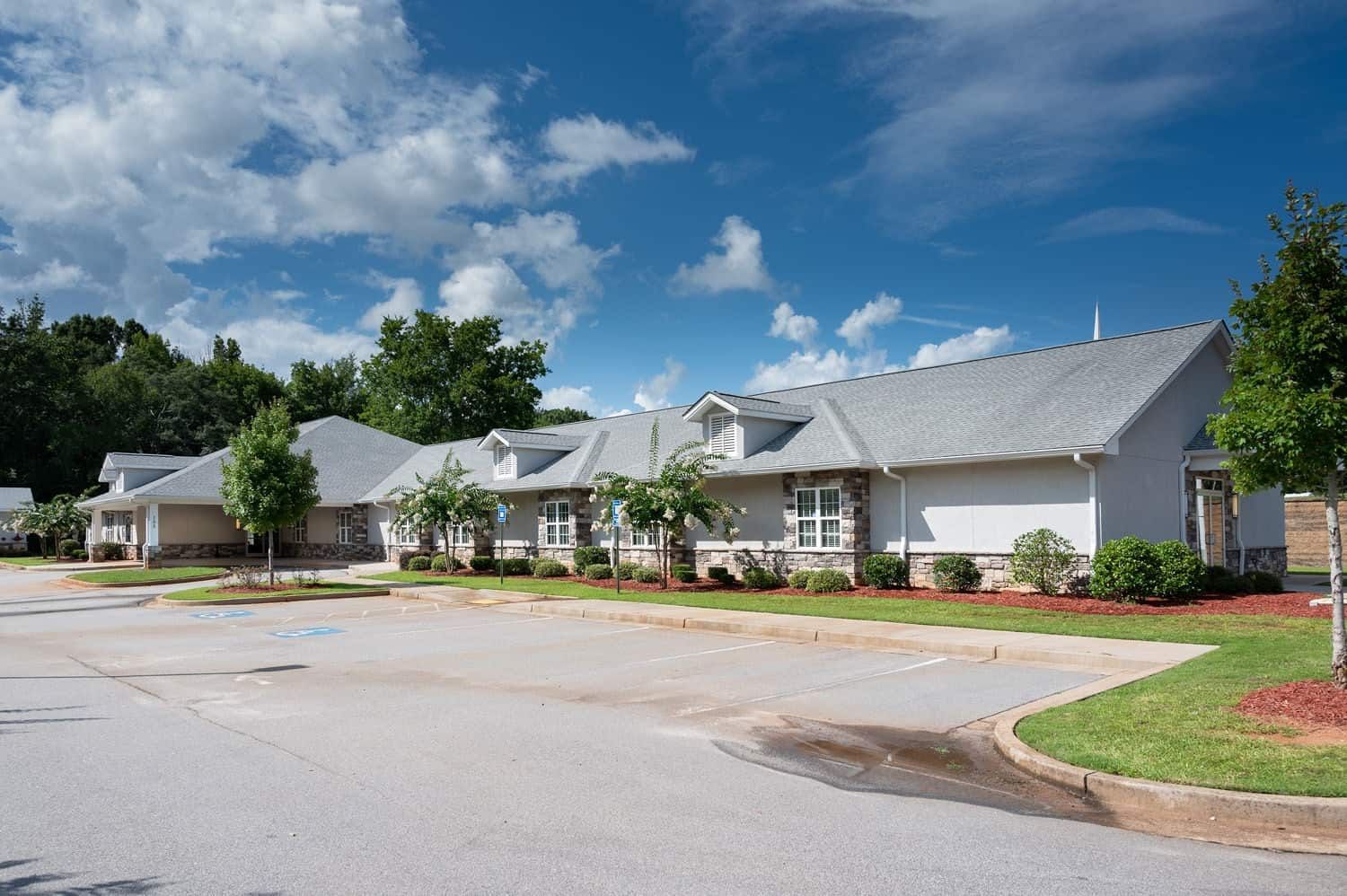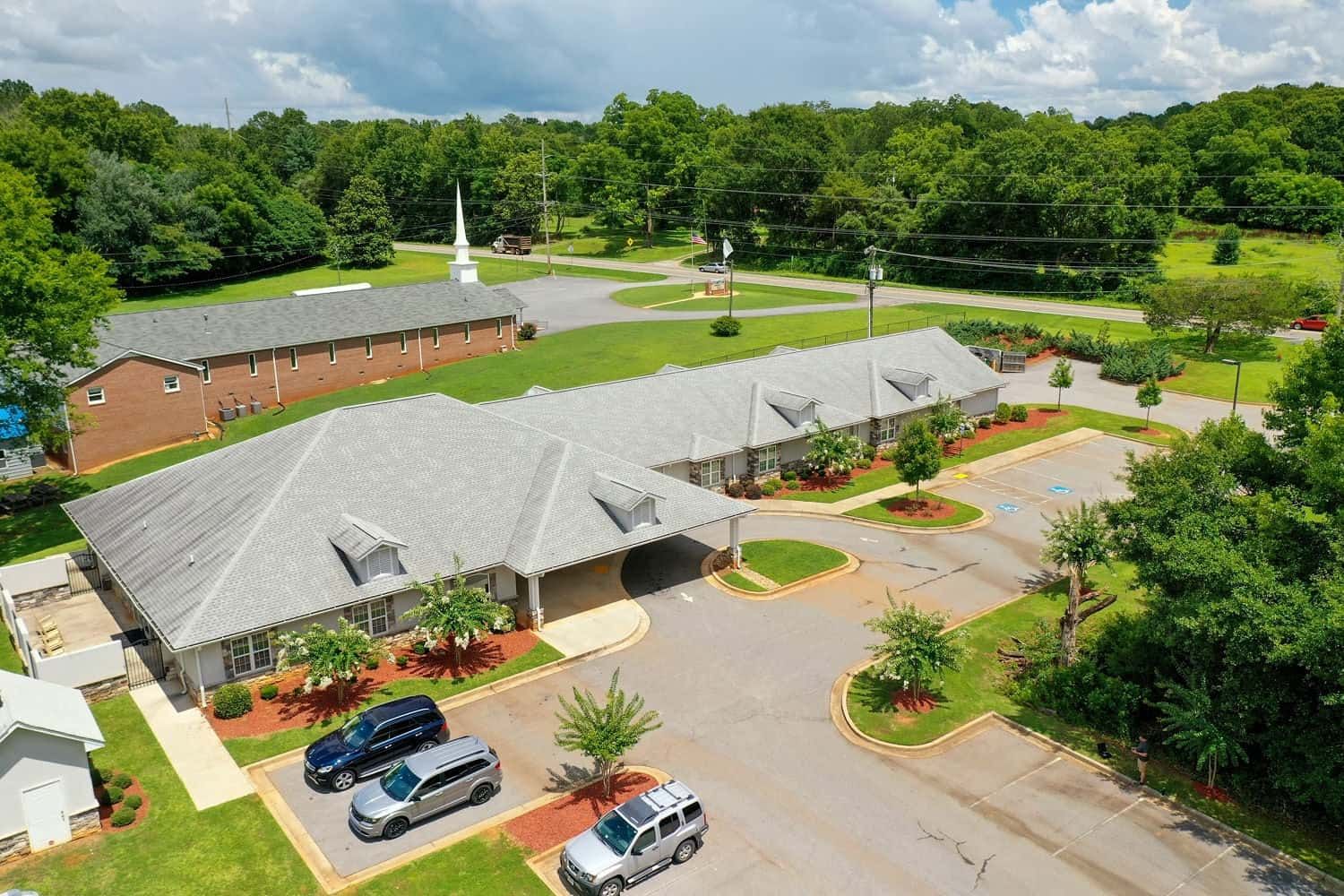Drug Overdose Guide
As the rate of substance-related fatalities continues to increase, it is crucial that individuals know how to effectively prevent and address drug overdoses. At Retreat of Atlanta, we recognize the importance of drug overdose prevention, offering essential education, support, and access to life-saving resources like naloxone. Ultimately, our goal is to provide individuals with the knowledge and tools to identify the signs of overdose and take immediate action.
By fostering a proactive approach to overdose prevention, we are helping cultivate healthier and safer communities for those on the road to recovery.
Call Retreat of Atlanta today at 516-646-1497 or visit our admissions page to begin addiction and dual-diagnosis treatment.
What Do I Do If I Suspect An Overdose?
When you suspect someone is experiencing an overdose, quick intervention is crucial. Overdoses are often life-threatening, so knowing how to react effectively can make the difference between life or death. Though these situations can be high-stress, the below steps are vital to keep in mind:
- Contact Emergency Services: Call 911 to get professional intervention as quickly as possible.
- Check for Responsiveness: Attempt to wake the individual by shaking them or calling their name loudly.
- Stay: Do not ever leave a person who has overdosed alone, as their condition could deteriorate swiftly.
- Administer Narcan: If you have it, give the individual Narcan (naloxone). This is particularly important if you think the person is overdosing on opioids.
- Provide Information: Give responders all helpful information. This includes the dosage taken, substance involved, and any information you have about the person’s condition.
What Are The Symptoms of An Overdose?
It is incredibly important to be aware of the signs and symptoms of an overdose so that you can recognize them quickly and take the correct measures. Though exact overdose symptoms can differ depending on the substance(s) involved, there are several common indicators to watch out for. These include:
- Losing consciousness
- Remaining unresponsive when attempts to wake are being made
- Stopping or having trouble breathing (slowed breathing, shallow or erratic breaths)
- Confusion or disorientation
- Indicators that the body is not receiving adequate oxygen (pale, clammy skin or blue-tinted lips)
- Seizures
- Vomiting (can lead to choking or aspiration)
- Inability to communicate normally
- Severe drowsiness
- Chest pain or tightness
- Intense lethargy
- Slurred speech
- Changes in pupil size (may be dilated or constricted depending on the exact substance)
- Tremors
Risks and Causes of An Overdose
An individual overdoses when their system is overwhelmed by a substance such as opioids, cocaine, benzodiazepines, methamphetamine, or alcohol. Understanding the factors that increase the risk of overdose is key in preventing it in yourself and in your loved ones. The risks and causes correlated with drug overdose include:
- Increased Tolerance: Individuals frequently misusing drugs or struggling with addiction may build up a tolerance. This means they require a higher dose to achieve the same effects. As a result, they have an elevated risk of overdosing.
- Mixing Substances: When individuals combine different drugs or drugs and alcohol, they may intensify the effects of these substances. This can then lead to severe health complications and overdose.
- Drug Dependency: Those who are dependent on drugs or alcohol may take a higher dose in order to avoid withdrawal. This continues the cycle of addiction and increases the chances of overdose.
- Taking Higher Doses than Prescribed: Taking medications more frequently or at an increased dose amplifies the risk of addiction and overdose.
- Underlying Health Issues: When people have underlying conditions such as liver or kidney problems, their bodies may be slower or unable to process drugs and alcohol. Furthermore, pre-existing respiratory issues can cause breathing complications in those misusing substances.

Begin Your Treatment Today
Your journey to a healthier, more fulfilling life starts here. The Retreat of Atlanta’s caring professionals are committed to providing individualized treatment that respects your unique needs. Reach out now to secure your place in our supportive community and take the first step towards a brighter future.
What is Naloxone (Narcan)?
Naloxone, also referred to by its brand name Narcan, is a type of medication used to quickly reverse the effects of an opioid overdose. This essential intervention method works by binding to opioid receptors in the brain and blocking the effects of both prescription opioids and illicit opioids, such as heroin and fentanyl. When properly administered, this medication can be life-saving as it restores normal breathing and helps individuals who are overdosing to regain consciousness.
Typically, naloxone is available in two different forms: an injection or a nasal spray. It can be given by any individual, even if they do not have medical training. Though it is not an actual treatment for addiction, this medication can allow a person enough time for help to arrive. Therefore, it is always crucial to call emergency services when a person is overdosing—whether using naloxone or not.
Where Can I Get Naloxone?
In recent years, access to naloxone has become more and more widespread. Many pharmacies across the nation, including in Georgia, offer naloxone without a prescription through standing orders. This makes it easy and straightforward for individuals to purchase it directly over the counter.
Furthermore, addiction rehab centers, harm reduction programs, community-based organizations, and Georgia health departments distribute naloxone for free or at a low cost—especially in areas most impacted by the opioid crisis. If you are uncertain of where to obtain naloxone, your local pharmacy, public health department, or nonprofit organization can provide you with helpful guidance and resources.
The Good Samaritan Law
Designed to encourage individuals to assist others who are in emergency scenarios, the Good Samaritan Law mitigates the fear of legal consequences in the context of overdose incidents. Many states, including Georgia, have implemented Good Samaritan Laws to protect people from arrest or prosecution if they are seeking medical assistance for someone experiencing an overdose—even if they are also participating in illicit activities, such as taking drugs.
The purpose of this law is to make witnesses feel comfortable reporting an overdose and helping a person who is overdosing without worrying about legal repercussions. These laws play a vital role in tackling the opioid crisis by encouraging people to seek immediate medical help. This ensures that assistance is provided promptly and, ultimately, assists in saving countless lives.
Overdose Resources
Overdose prevention and response are key in reducing the impact of addiction. There are a variety of national and state-level tools available to help those dealing with the effects of drug use. They provide life-saving support, information, and access to naloxone.
Highlighted below are some nationwide and Georgia-based resources that can help in preventing and responding to overdoses. It is important to note that if you suspect someone is having an overdose, you should always call 911.
National resources:
- Substance Abuse and Mental Health Services Administration (SAMHSA): The SAMHSA provides a 24/7 national helpline for those seeking help with substance abuse and mental health issues. (National Helpline: 1-800-662-HELP)
- Overdose Lifeline: This nonprofit organization offers crucial support, education, and information about accessing naloxone.
- National Institute on Drug Abuse (NIDA): The NIDA provides research-based resources and information on substance use and addiction, including overdose prevention.
- Narcan (Naloxone) Access: This resource connects people with information about how to use naloxone and where they can obtain naloxone.
Georgia resources:
- Georgia Overdose Prevention: This tool provides state-wide resources and training centered on naloxone use and overdose prevention.
- Georgia Department of Public Health: A great source for finding programs focused on overdose prevention and treatment, as well as information about naloxone.
- Georgia Harm Reduction Coalition: An organization committed to helping those across the state who are at risk of overdose.
Overdose Statistics
Overdose deaths continue to be a major concern in the U.S., especially due to the ongoing opioid epidemic. The below statistics shed light on the continued impact of overdoses, both nationally and in Georgia, highlighting the need for proper intervention and support.
- In the year 2021, almost 110,000 drug overdose deaths occurred across the nation.
- Over 80,000 overdose deaths (nearly 75% of all overdose deaths) in 2021 were related to opioids. This includes prescription opioids, heroin, and fentanyl.
- A testament to the increasing drug crisis, the overdose death rate in the U.S. increased by more than 30% from 2019 to 2020.
- During 2021, Georgia recorded over 2,200 deaths from drug overdoses. This was a notable increase from previous years.
- In the same year, opioids were involved in over half of the drug overdose deaths across the state.
Finding Treatment for Substance Abuse
The most effective way to prevent overdose is to seek professional treatment as quickly as possible. By eliminating drug use, individuals are no longer susceptible to overdose and can begin on the road to a healthy and happy recovery. At Retreat of Atlanta, we offer several types of programming to help individuals get back on track so that they can reclaim their lives from addiction. These include:
- Detox: We offer a full suite of medically supervised detox services to promote physical health, mental clarity, and long-term relapse prevention.
- Residential Rehab: Inpatient care allows individuals to heal away from external stressors while receiving 24/7 supervision and support.
- Dual Diagnosis Treatment: Given that substance use disorder and mental health issues often exacerbate one another, we offer a program that treats both conditions simultaneously.
- Aftercare Services: We provide our alumni with services and recommendations such as ongoing therapy, outpatient care, sober living facilities, and community events/opportunities.
While in our care, clients can expect to participate in a wide range of therapeutic modalities. Treatment services offered at our facility include:
- Medication-assisted Treatment
- Cognitive-Behavioral Therapy
- Dialectical Behavior Therapy
- Individual Therapy
- Group Therapy
- Family Counseling
- Psychiatry
- Holistic Therapy
Find Addiction Help in Atlanta, GA
Addiction can have serious, even lethal, consequences. For your health and safety, it is time to seek proper care. Retreat of Atlanta offers custom treatment tailored to meet your unique needs and recovery goals. We work closely with clients to ensure they are set up with all of the tools and resources needed to prevent relapse and establish ongoing recovery.
To learn more about how we can help or about overdose prevention, please give us a call or visit our admissions page today.







